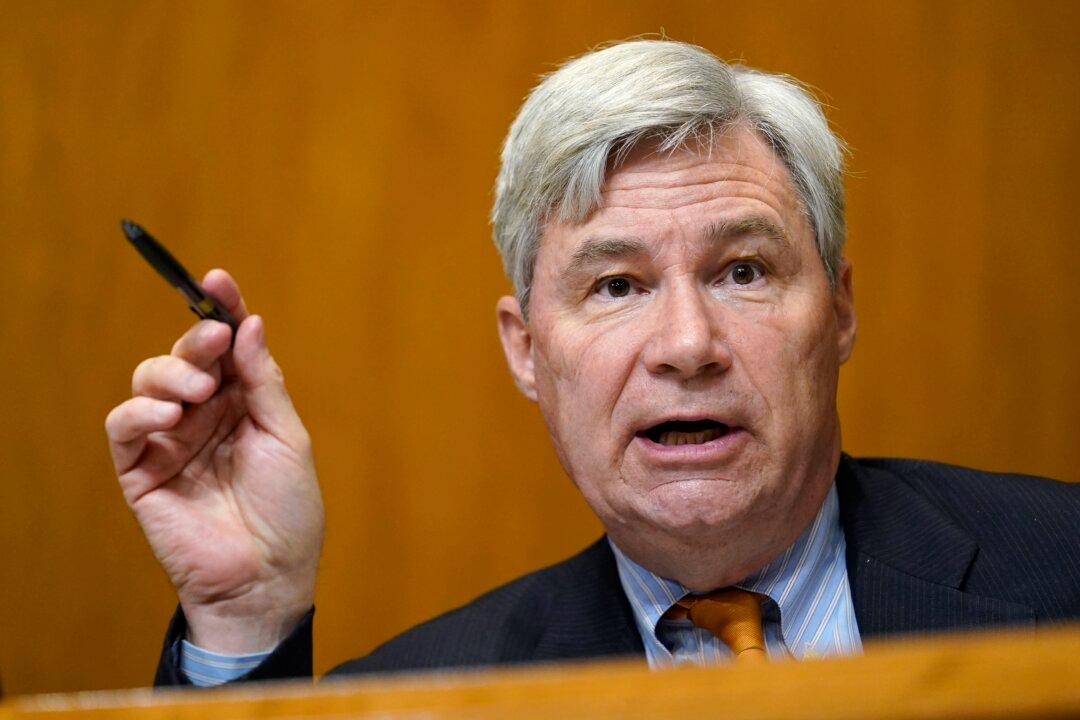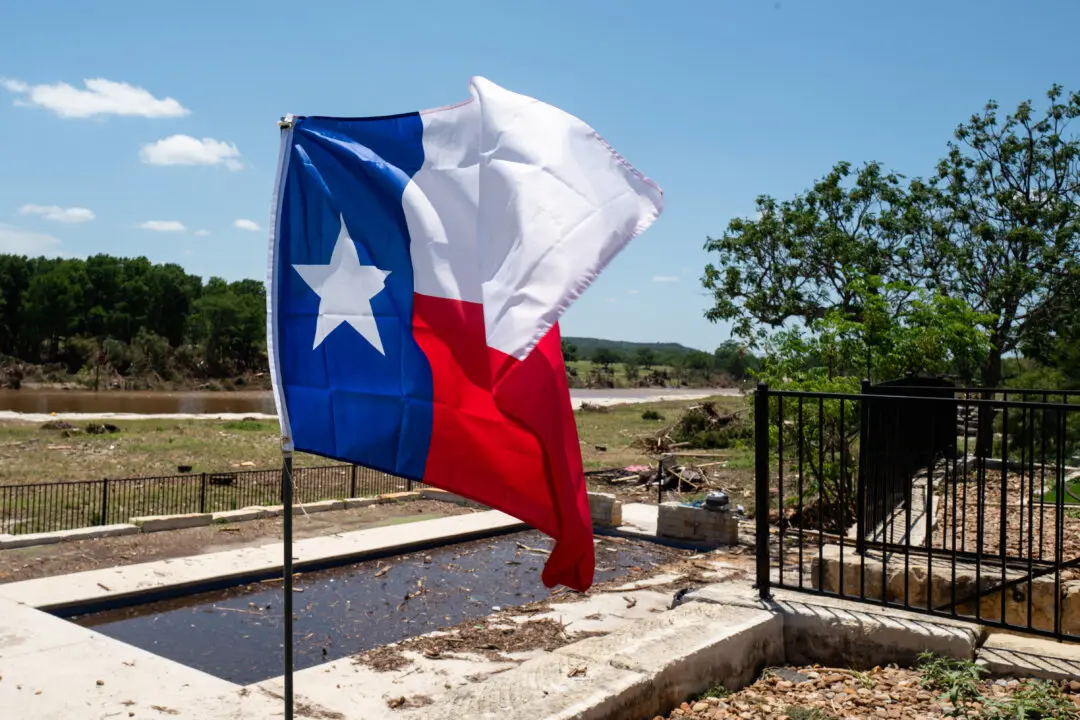The Senate Budget Committee on March 1 heard testimony on the costs U.S. coastal communities may be facing because of shifts in the Earth’s climate.
“Coastal communities will become harder places to live and work, and real estate values and local tax bases will decline,” predicted Sen. Sheldon Whitehouse (D-R.I.), who now chairs the committee, in his opening remarks.





